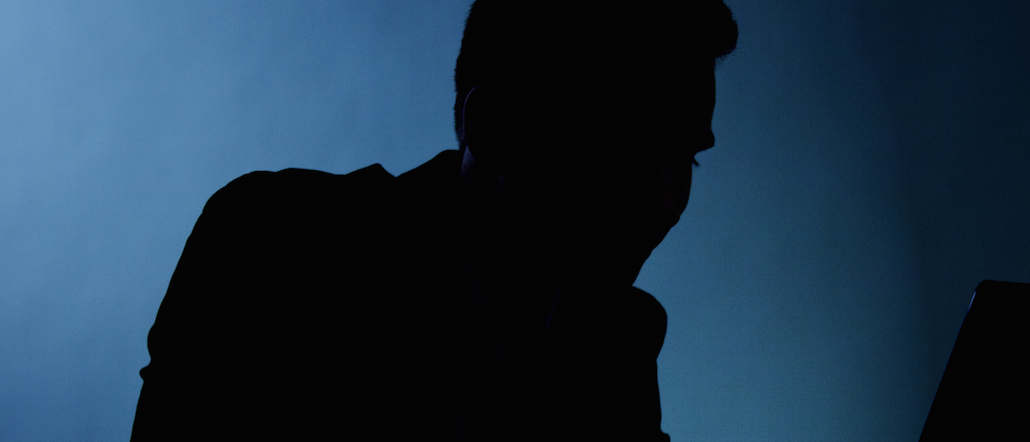Last chance to save on Digiday Publishing Summit passes is February 9
Confessions of a junior copywriter: ‘Your ideas will get shat on’

This article is part of our Confessions series, in which we trade anonymity for candor to get an unvarnished look at the people, processes and problems inside the industry. More from the series →
Every year, a new crop of bushy tailed 20-somethings make their first forays into the advertising business, hopeful and hungry. But when you decide to switch careers a bit later in life, the lane change — and the dues that must be paid — can seem awfully daunting.
In our latest confession, we catch up with a junior copywriter, who made a mid-career switch to advertising. We interviewed this person then, offering confidentiality in exchange for candor, and wanted to find out how life has changed since becoming employed full-time. Our copywriter opened up about the realities of unimaginative clients, killed ideas and those pesky millennial co-workers.
Excerpts:
How is being a junior copywriter different than being an intern?
There is definitely more pressure being hired full-time: Pressure to keep up a level of work and keep pushing the boundaries. I do feel like my voice is being heard a little bit more. When I present something, it’s taken more seriously and people know who I am, which is nice. I have a name and am not just known as “the intern.”
What are you struggling with?
Everyone wants be successful and wants to go up, but there’s no clear path up. That’s tough. Being older has made me more impatient. I have to remind myself that I have to pay my dues, remind myself that I’m still junior and that I still have to write social posts. I have to constantly motivate myself.
What’s your relationship with your manager like?
My manager is actually younger than me. I get that you have to keep up with the millennials, but being older, I still appreciate traditional things like a print ad with a headline. So the things we have differences on are usually creative. But that is good. You don’t want everyone to be on the same page all the time because that’s not how you create good work.
Has age been a cause of conflict too?
No, I don’t think so. I understood very well going into this industry that in most meetings, I was going to be one of the older people in the room. I’ve come to terms with that. The only age problem is me trying to understand millennials sometimes.
What don’t you understand?
I can’t say that everyone works their butts off. Getting the opportunity and seeing some people not take it seriously is mind-boggling to me. People disrespecting other people at the office, showing up late, not showing up at all, being on their phones during meetings. There’s definitely a sense of entitlement there, with some of them. I never thought about the differences between generations until I got here, but I’m not going to say that some of them aren’t true. But then, when I was 18 or 19, I was an asshole too.
Are there any stereotypes about the advertising industry that you’ve come to realize to be true?
Work-life balance is definitely hard. I go home, and I’m still thinking about work, and it’s hard for me to shut it off. It’s also very incestuous. You have to be very careful of what you’re saying and who you’re saying it to, because you never know what their relationship is like. And the whole perception about clients is true. They do often have unrealistic timelines and demands. “Make the logo bigger” is a very real thing. You have got to have thick skin, because your ideas will get shat on.
So was it worth it?
If I could, I would go back and tell myself to get into the ad world 10 years ago. When I fell into the world of advertising, it was an epiphany. There’s been a lot of late nights. Not everybody my age would be happy being a junior copywriter somewhere. But I genuinely love it, and not a lot of people can say that. When you get a taste of success, it’s addicting. It’s like getting a tattoo. Maybe give me a year, and I’ll have a different answer.
More in Marketing

Star power, AI jabs and Free Bird: Digiday’s guide to what was in and out at the Super Bowl
This year’s Big Game saw established brands lean heavily on star power, patriotic iconography and the occasional needle drop.

In Q1, marketers pivot to spending backed by AI and measurement
Q1 budget shifts reflect marketers’ growing focus on data, AI, measurement and where branding actually pays off.

GLP-1 draws pharma advertisers to double down on the Super Bowl
Could this be the last year Novo Nordisk, Boehringer Ingelheim, Hims & Hers, Novartis, Ro, and Lilly all run spots during the Big Game?





